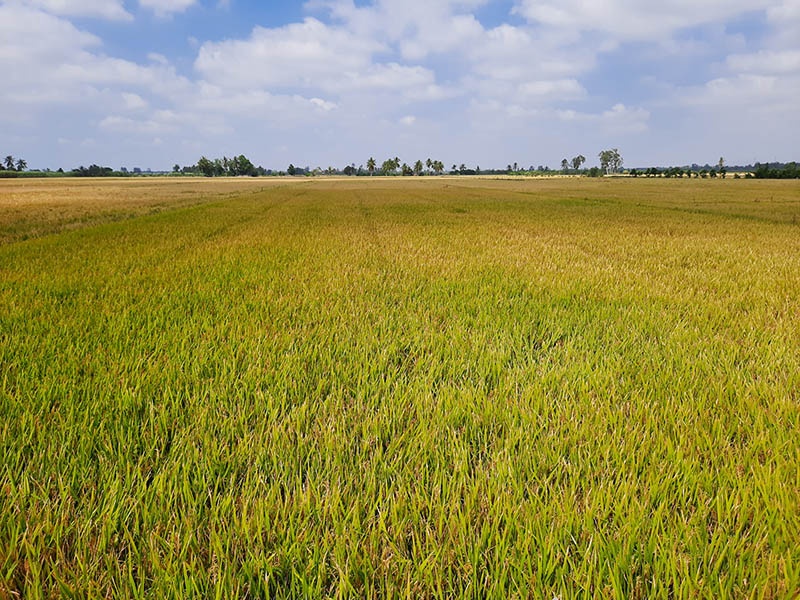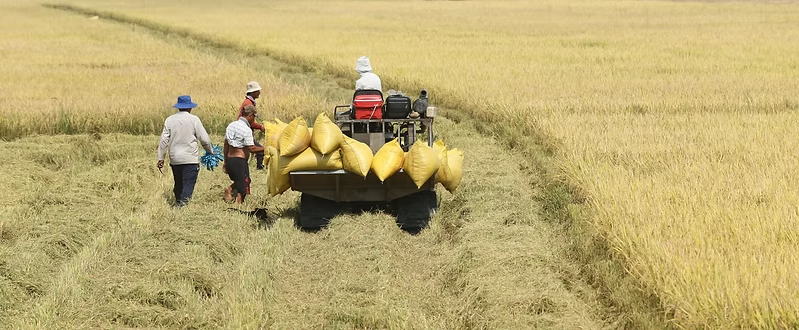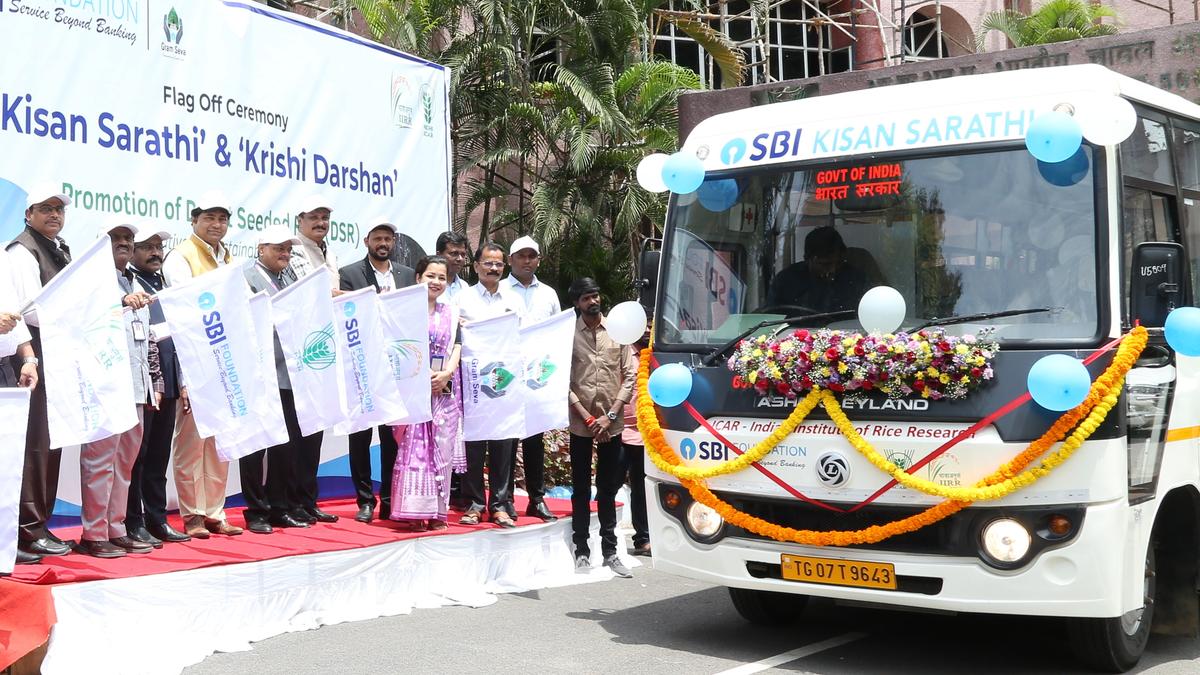Tags
Vietnamese farmers welcome low-carbon farming methods
Mekong Delta’s farmers are implementing a high-quality low-emission rice project on 1 million hectares of the total 7.1 million hectares of rice fields in the country.
Vietnam is a major rice producer with 8.1 million tons of rice exported last year, worth $4.6 billion. However, rice farming produces the highest volume of emissions in agriculture.
The Ministry of Agriculture and Rural Development (MARD) reports that greenhouse gas emissions created by agricultural production totalled 90 million tons of carbon in 2020, of which 39.1 percent came from rice farming, 24.8 percent from husbandry, 33.6 percent from non-rice agriculture, and 2.5 percent from by-products of burning.
MARD and some localities in Mekong Delta are moving ahead with a project on developing 1 million hectares of low-carbon rice farming area. It is expected that Vietnam would harvest low-carbon rice in August this year.
Under the project, the amount of rice seeds to be sown will decrease to 80-100 kilograms per hectare, while the volume of fertilizer and plant protection chemicals will decrease by 20 percent and water by 20 percent compared with traditional farming.
With the new farming method, the post-harvesting loss rate will be lower than 8 percent, while 100 percent of straw will be carried away from fields for recycling and greenhouse gas emissions will be 10 percent lower. The profitability rate that farmers can expect is 50 percent.
According to Le Thanh Tung from MARD, the project will help reduce production cost by 20 percent, or VND9.5 trillion a year (the rice output is expected to reach 13 million tons by 2030). If applying the sustainable farming procedure, the rice prices will be 10 percent higher, worth about VND7 trillion a year.
Lower production cost and higher profits are the major benefits for farmers. With these factors, the rice farming sector would have VND16.5 trillion more each year while farmers will have additional revenue from carbon credit sale.
The World Bank estimated that with 1 million hectares, the volume of carbon will decrease by 10 million a year. With the price of $10 per carbon credit, farmers will collect $100 million a year.
According to Minister of Agriculture and Rural Development Le Minh Hoan, rice farming is the livelihood of millions of households in Vietnam. All the changes in cultivation process will pose difficulties, however, if farmers don’t make changes, they will even face bigger difficulties.
The 1 million hectare of rice project will be the start of the new revolution in agricultural production and the evidence that the way Vietnam creates rice is transparent and responsible. Vietnam is now seeking new values adaptable to green growth, circular low-emission economy.
Tam An
Published Date: May 9, 2024






